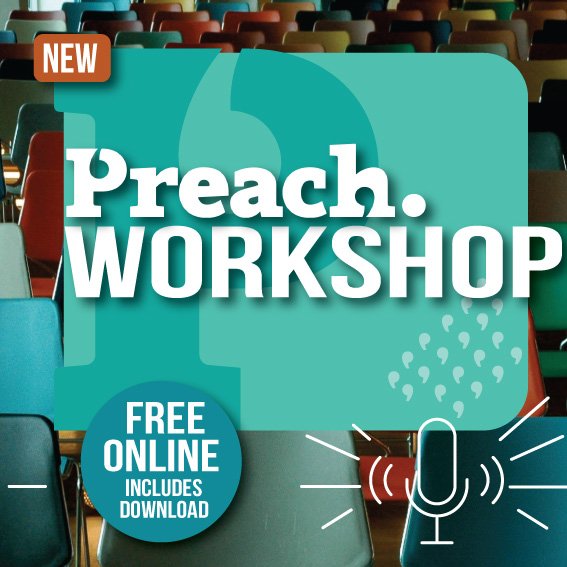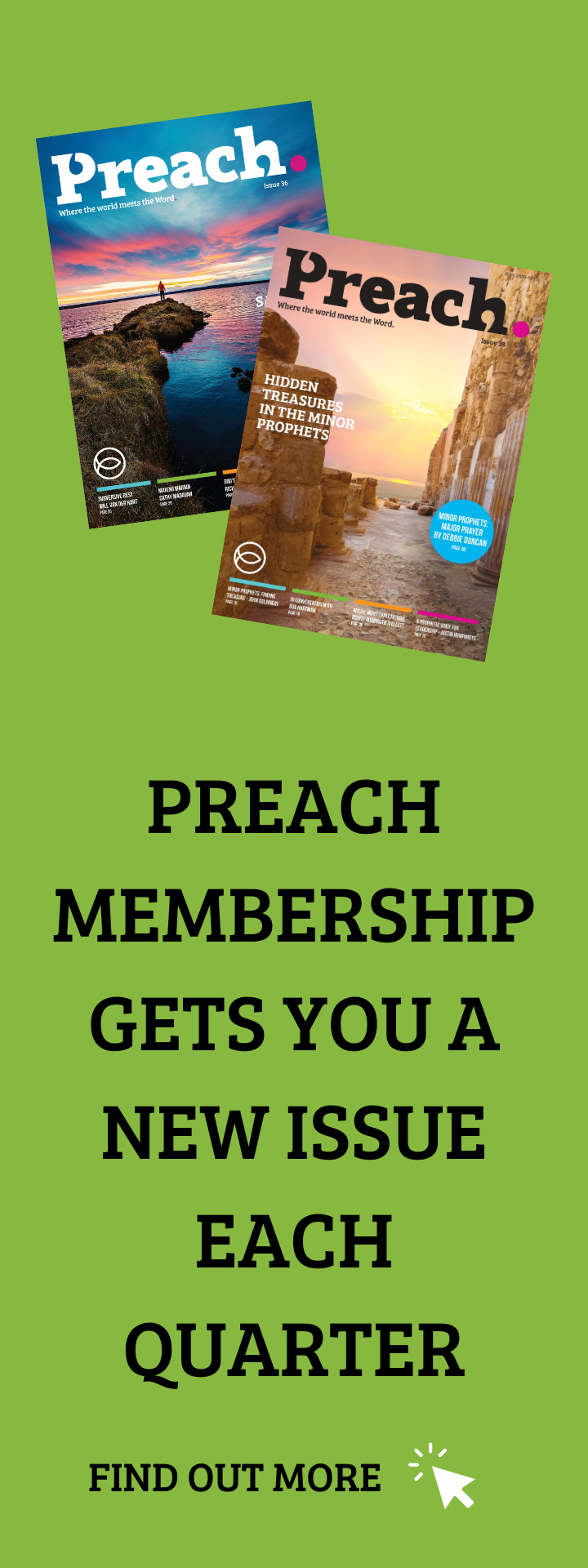Brexit aftermath
/What’s the story?
Britain has voted to leave the European Union, by a referendum margin of 52% to 48%. The Leave vote, which was somewhat unexpected, precipitated an extraordinary political chain reaction which saw the Prime Minister resign, the Labour party thrown into crisis and a series of political careers brought to an abrupt end. The aftermath has been characterised by a period of serious ill-feeling between the two camps, and the rise of an unpleasant new wave of racism on Britain’s streets.
What’s happening?
Even the Leave campaign looked surprised. When Britain woke on the morning of Friday 24th June, it discovered that it had taken the vote – by the narrow but substantial margin of 4% – to exit the EU, a move that had been painfully but successfully branded as “Brexit”.
“Remainers” – those who had opposed the move – were devastated. And while the result of a General Election, however disappointing for the losers, is usually accepted with some grace, many people were immediately clamouring for the decision to be ignored or for the referendum to be re-run. Social media quickly became a battleground where Leave voters were targeted and harassed for their part in the decision. Friendships were damaged; even family members turned on each other.
In Westminster, a similar meltdown began to take place. Prime Minister David Cameron announced his resignation within hours of the vote, while the Parliamentary Labour party saw the moment as an opportunity to get rid of leader Jeremy Corbyn, although despite a large-scale vote of no confidence, he refused to budge. Boris Johnson, who many had expected to launch a bid for the top job after successfully spearheading the Leave campaign, unexpectedly fell on his sword too.
The chaos wasn’t limited to Parliament however. The FTSE crashed before recovering, while the pound slipped heavily against the dollar, and as yet has not performed a similar resurrection. Major credit ratings agencies downgraded Britain’s score – an important value because of the complex nature of international debt. Even if the long-term effects of Brexit are positive; the short-term impact on the economy has been devastating.
Perhaps the most worrying outcome of the referendum however has been the resurgence of street-level incidents of racism. Buoyed by a result which is seen to be getting tough on immigration, some people have felt emboldened into racist outbursts on public transport, in city streets and on social media. Many people of colour have reported being targeted in such a way; some of them for the first time in many years.
Whatever they voted, every British citizen hopes that when the dust settles, the country will still be a successful and prosperous one. Many analysts predict that this is very possible, but as we battle for a bright economic future, we should not lose sight of the fight for our values, which in the light of the last few weeks, look to be in rather poorer health than we thought.
What have others been saying?
Where do you start?
The debate among Christians over the referendum started – of course – a long time before it. One of the best examples was this friendly conversation in Premier Christianity magazine, between Sir Simon Hughes and the blogger Archbishop Cranmer.
The Evangelical Alliance’s Chine McDonald wrote powerfully about the need to prove again that we’re a racially harmonious society, rather than a divided one. And the same organisation’s director Steve Clifford called this ‘a time for reconciliation’ in his own message to the church.
My piece for Christian Today asks a tough question for Christian ‘remainers’: How do you pray when you’ve lost the argument?
Connections
#1 – TRUSTING IN GOD
God is not in control, whatever the posters might say. Or at least, he’s not controlling the events in our everyday like some kind of puppeteer; if he was, it would make a mockery of the Free Will which is the basis of our response to the gospel message. He is sovereign however – Lord over all – as 1 Chronicles 29 11-12 puts it: “Yours, Lord, is the greatness and the power and the glory and the majesty and the splendor, for everything in heaven and earth is yours. Yours, Lord, is the kingdom; you are exalted as head over all. Wealth and honour come from you; you are the ruler of all things. In your hands are strength and power to exalt and give strength to all.” Therefore in moments of uncertainty we can trust fully in him to oversee the Big Picture, and to take care of us; as Romans 8 v 28 says: “we know that in all things God works for the good of those who love him.”
#2 – RACISM
Despite the abhorrent attempts of some to use Christianity and Scripture to somehow defend racism; the Bible is definitively against it. Paul famously writes that there is no distinction between “Jew and Greek” in Romans 10 v 12, “for all are one in Christ Jesus”, while 1 John 2 v 9 says “whoever says he is in the light and hates his brother is still in darkness.” When Genesis 1 talks about God making man in his own image, the writer makes no distinction around race, and at the other end of the Bible in Revelation 7 v 9, the image of heaven includes “a great multitude that no one could number, from every nation, from all tribes and peoples and languages, standing before the throne and before the Lamb, clothed in white robes, with palm branches in their hands.”
Points for prayer
· Pray against further incidents of racial hatred in Britain, and that those who’ve already perpetrated it would face justice.
· Pray for good, Godly leaders to take up the senior positions in parliament.
· Pray for those who have resigned, that they would be surrounded by helpful voices and be able to process the enormous shift in their lives.
· Pray for the UK – that it will find a strong but also a compassionate way forward for itself
· Pray for the European Union, and particularly for its weaker nations; that they would experience stability and growth of their own.
Author BIO
martin saunders
Martin Saunders is Youthscape’s Deputy Chief Executive. A former editor of Youthwork magazine and the founding Editor of sister-title Childrenswork, Martin is a popular speaker and the author of various books including ‘Youth Work From Scratch’. He lives in Reigate, Surrey with his wife Jo and their four children.







